How to Say Thank You for the Food in Japanese
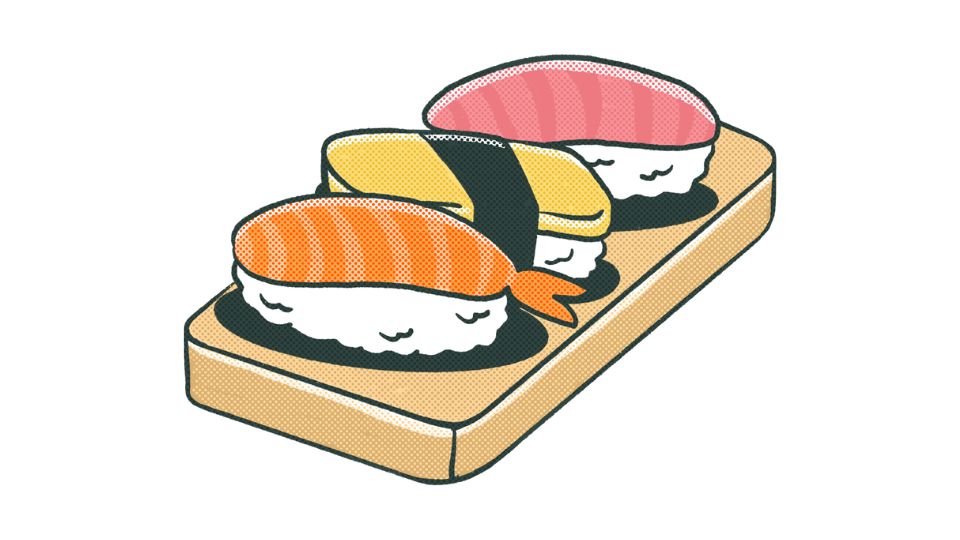
When I visit Japan, my favorite part of the day is mealtime – not just because Japanese food is absurdly delicious, but because of the unique way Japanese culture shows gratitude for food.
And no, I’m not talking about posting your ramen on Instagram before eating it (though I’ve been guilty of this).
I’m talking about two key phrases that are absolutely essential if you want to properly thank someone for a meal in Japanese.
Let’s break down how to say “thank you for the food” in Japanese – with the cultural context you need to not look like a clueless tourist.
How to Say Thank You for Food in Japanese
There are two main phrases you need to know:
- “Itadakimasu” (いただきます) – said before eating
- “Gochisousama deshita” (ごちそうさまでした) – said after finishing
These aren’t just polite table talk – they’re deeply woven into Japanese food culture and show gratitude not just to the chef, but to everyone and everything involved in bringing that meal to your table.
Skip using these phrases, and it’s like showing up to someone’s wedding in sweatpants. You might still get fed, but people are definitely judging you.
Itadakimasu — The Pre-Meal Thank You
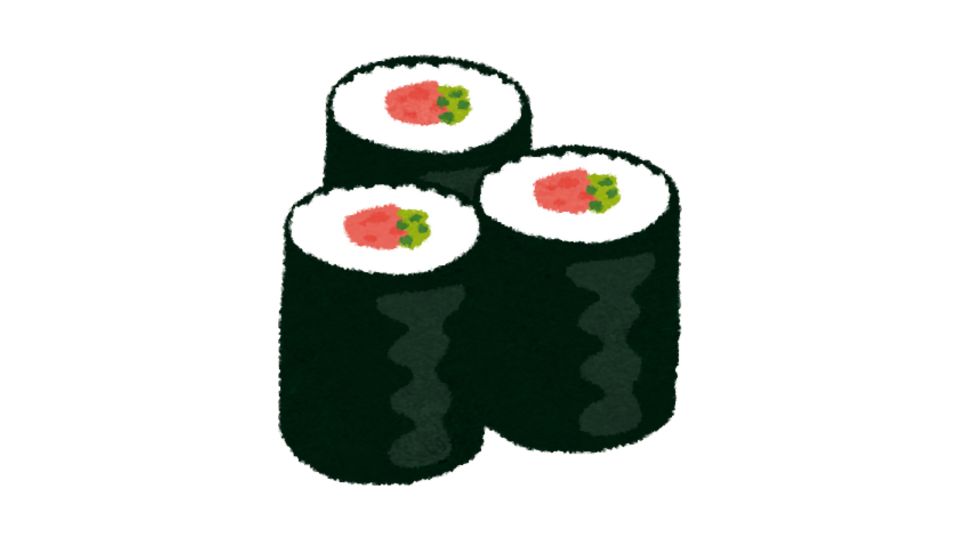
“Itadakimasu” literally means “I humbly receive” and is said right before you start eating.
Think of it as the Japanese equivalent of saying grace – except instead of thanking God, you’re acknowledging everything that went into making your meal possible:
- The farmers who grew the vegetables
- The fishermen who caught the fish
- The animals or plants that gave their lives
- The chef who prepared it all
When saying itadakimasu, you’ll often see Japanese people put their hands together in a prayer-like position and give a slight bow of the head. It’s a moment of mindfulness before diving in.
It’s one of those cultural practices that shows how deeply the Japanese respect food – which is probably why they have some of the lowest food waste rates in the developed world.
Gochisousama Deshita — The After-Meal Thank You
Once you’re done with your meal, it’s time for “gochisousama deshita” – which roughly translates to “it was quite a feast” or “thank you for the delicious meal.”
The word gochisou (ごちそう) actually means “feast” or “treat,” so you’re essentially saying “that was a banquet-level experience” even if you just had a simple bowl of noodles.
This phrase expresses gratitude to the chef and acknowledges all the work that went into preparing your meal.
A few things to know:
- The casual form is just “gochisousama” (without the “deshita”)
- It’s considered polite to put everything back in order before saying this
- In restaurants, saying this as you leave will often get you warm smiles from staff
I once said this while leaving a tiny ramen shop in Tokyo, and the chef beamed with pride. It costs nothing to be appreciative, but it means everything to people who pour their hearts into cooking.
Other Useful Japanese Dining Phrases
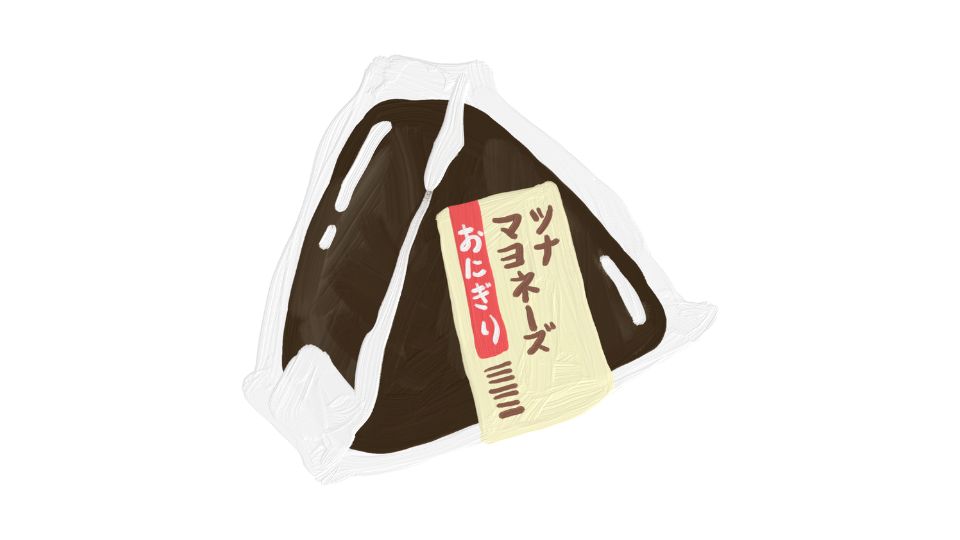
While we’re talking food gratitude, let’s level up your Japanese dining vocabulary with a few more essential phrases:
“Oishii” (おいしい) – Means “delicious” and is the ultimate compliment to any chef. Use this liberally!
“Sumimasen” (すみません) – The all-purpose “excuse me/sorry” for getting a server’s attention or apologizing for any dining faux pas.
“Kampai” (乾杯) – The Japanese “cheers!” used when toasting. Forget to clink glasses with your new Japanese friends and you might as well have violated sacred drinking etiquette.
“Arigatou gozaimasu” (ありがとうございます) – The formal “thank you very much” that works in any situation.
I always keep these phrases in my back pocket whenever I’m dining in Japan. They’re like social lubrication that makes everything go smoother, especially when you’re the obvious foreigner in the room.
Why These Food Phrases Matter So Much
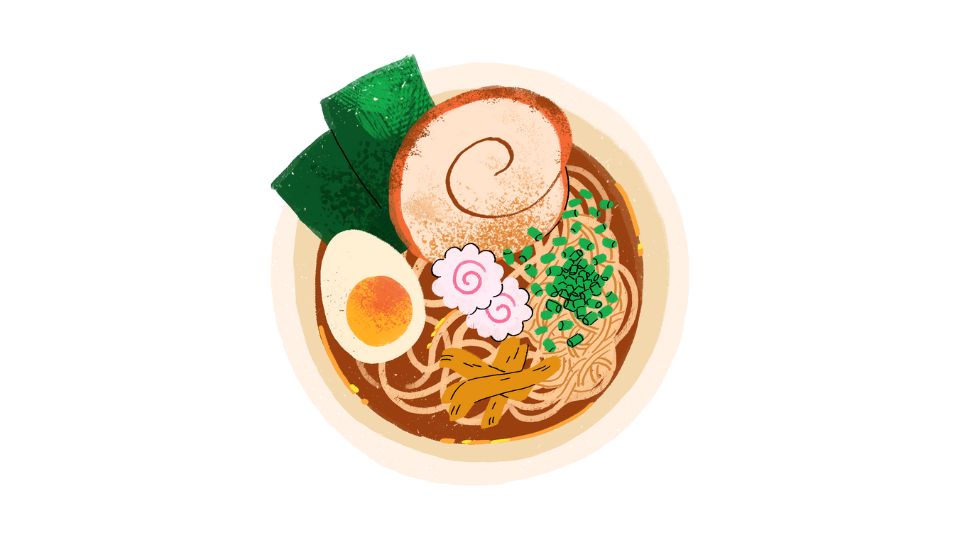
In Japanese culture, showing gratitude for food isn’t just polite – it’s practically a spiritual practice.
From childhood, Japanese people are taught that food is precious and should never be taken for granted. This mindfulness extends to how they talk about food, serve food, and even arrange food on the plate.
These expressions create a framework of respect around meals. When everyone at the table says “itadakimasu” before eating, it creates a moment of shared appreciation and connection.
I find this attitude toward food incredibly refreshing in our fast-food, eat-at-your-desk Western culture. There’s something powerful about pausing to acknowledge what’s on your plate.
According to food anthropologists who study Japanese cuisine, these rituals are part of what makes Japanese food culture so unique and has helped preserve traditional cooking methods for centuries.
How to Use These Phrases Correctly
| English | Japanese | When to Use | Notes |
|---|---|---|---|
| Thank you (before eating) | いただきます (Itadakimasu) | Right before taking your first bite | Say it with hands together and a slight bow |
| Thank you (after eating) | ごちそうさまでした (Gochisousama deshita) | After you’ve finished completely | The formal version with “deshita” is safest |
| Delicious! | おいしい (Oishii) | While enjoying the food | The ultimate compliment to any chef |
| Excuse me | すみません (Sumimasen) | To get a server’s attention | Multi-purpose phrase that always works |
The beauty of these phrases is that they’re expected from everyone – from toddlers to CEOs. They’re the great equalizer in Japanese dining culture.
My Personal Experience
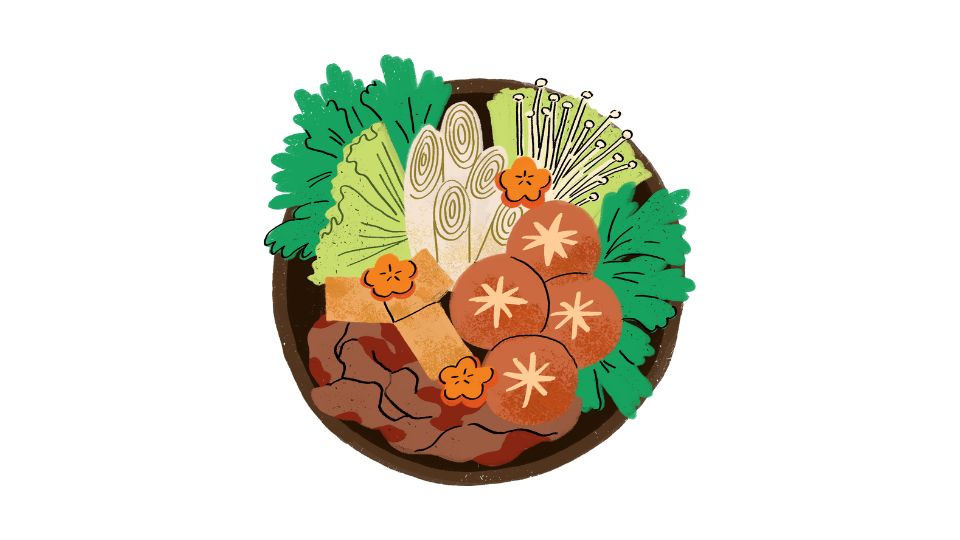
The first time I visited Japan, I had no idea about these customs. I started eating immediately when food arrived and got some confused looks.
After learning these phrases, the difference in how I was received was night and day. Restaurant staff seemed genuinely pleased when I used proper food etiquette.
In one memorable instance, I was invited to a home-cooked meal by a Japanese family. After saying “gochisousama deshita” and complimenting the food as “oishii,” the grandmother of the family practically adopted me on the spot.
These small linguistic gestures build bridges across cultures faster than almost anything else.
So next time you’re enjoying sushi, ramen, or any Japanese food – whether in Japan or at your local Japanese restaurant – try using these phrases. You’ll show respect for the culture and probably make someone’s day a little brighter.
And isn’t making connections over good food what life’s all about?
